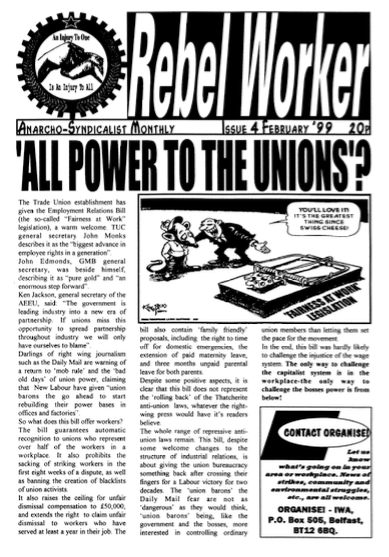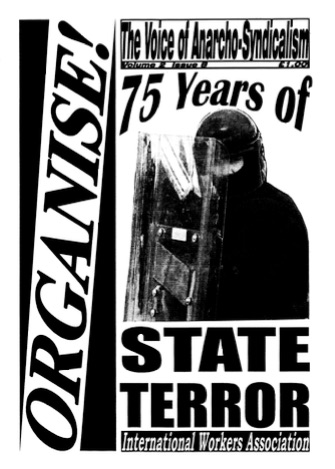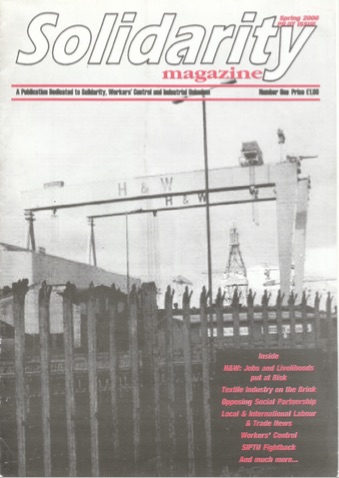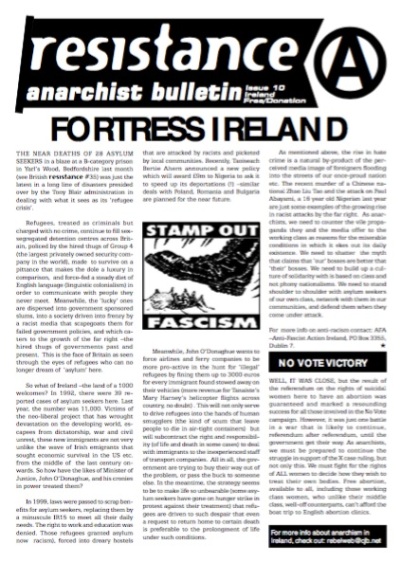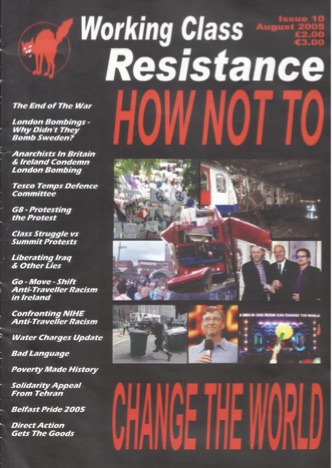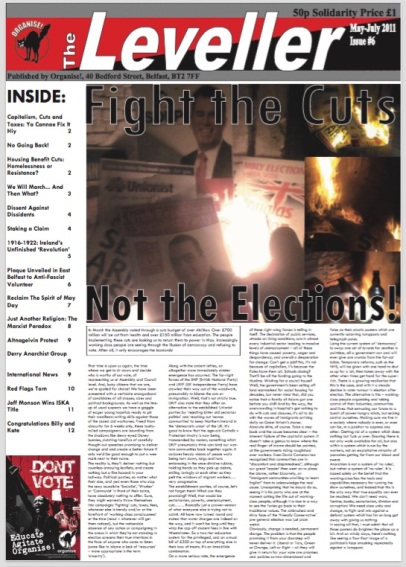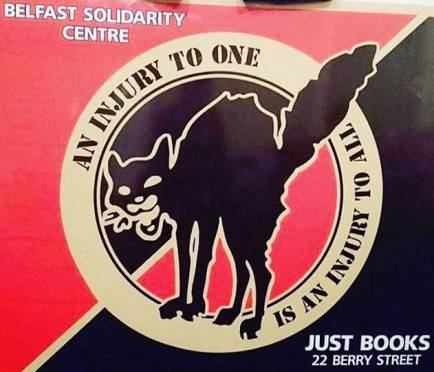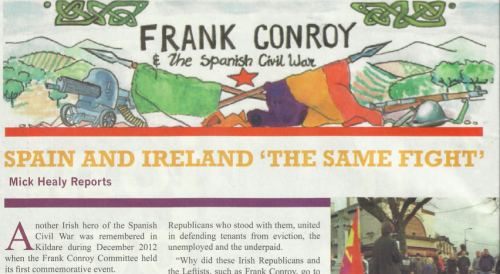The ‘One Big Union’ is a motto of the Industrial Workers of the World (IWW), founded in Chicago in 1905 and continuing today with several thousand members in the USA & Canada, about one thousand in the Britain, and smaller numbers in a handful of other countries.
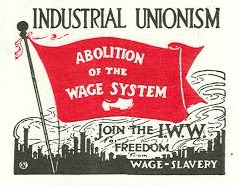
Reflecting disappointment with the achievements of political Labour, the IWW is ‘syndicalist’ in advocating that working people rely on militant trade unionism (and not politics) to create a socialist society. Prominently associated with the IWW’s revolutionary ‘Wobbly’ wing were Cork-born Mother Jones, Tom Glynn of Gurteen, Co. Galway, and James Connolly, an IWW organiser in New York. ‘Big Jim’ Larkin gave a graveside oration for Joe Hill, best-known of the Wobbly martyrs.
This conference will examine the contribution of Irish people to the IWW in America, Australia and South Africa, and consider the influence of the IWW’s syndicalism on bodies like the Irish Transport & General Workers’ Union and the Irish Citizen Army.
This conference, open to all, takes place in NUI Galway & Galway city centre on Friday and Saturday 11-12 November 2016.
A modest €5 registration charge covers the cost of tea, coffee and biscuits over the two days.
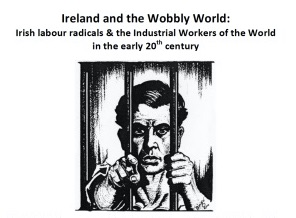 Download the programme as a PDF here.
Download the programme as a PDF here.
Full programme:
FRIDAY, 11 NOVEMBER, Hardiman Building, GO10
Panel 1, 2.00 pm: Chair: Sarah-Anne Buckley, ICHLC
Jim Larkin, Jack Carney and the American Irish Worker (1917), James Curry
Patrick J. Read’s ‘Irishness’ & the Creation of the Wobbly Mythos, Matthew White
Joe Hill and Ireland, Francis Devine
Panel 2: 3.45: Chair: Prof. Terrence McDonough, ICHLC
The Rebel Irish & the IWW: The Roots of American Syndicalism, Kristin Lawler
Sacco and Vanzetti and the Radical Irish World, Niall Whelehan
From Socialist to Syndicalist, to Communist: The political development of William Z. Foster, 1904-1922, Liam Ó Discín
8 pm Function Room, John Keogh’s, Upper Dominick Street
‘Rebel Voices: Galway Wobbly Connections’. Chair: Catherine Connolly TD
Peter Yorke: A Galway priest & the San Francisco labor movement, Tadhg Foley
Elizabeth Gurley Flynn: A Galway Rebel Girl, Meredith Meagher
The Syndicalist Trajectories of Tom Glynn & Mary Fitzgerald, John Cunningham
SATURDAY, 12 NOVEMBER, Hardiman Building, GO10
Panel 3, 10.15 am. Chair: Jamie Canavan, NUI Galway
Connolly the Marxist Socialist, but what sort? Bolshevik, Menshevik or Industrial Democrat? The ideological impact of the IWW, Manus O’Riordan
Industrial Unionism and Social Democracy: Connolly as vector of organising principles, Gavin Mendel-Gleason
‘We Irish are a working race’: Connolly & Flynn in the United States, Stephen Thornton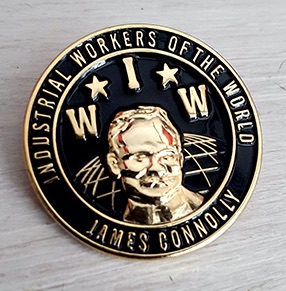
Panel 4, 12.00, Chair: Mary Gibbons, Galway Council of Trade Unions
Captain Jack White: Syndicalist? Leo Keohane
Syndicalism as a dirty word: Press coverage of radical trade unionism in early twentieth century Ireland, Donal Fallon
Patrick Quinlan: nationalist or militant IWW member? Gerry Watts
Keynote address, 2.15 pm: Chair: Tish Gibbons, Siptu
‘Romances and Erasures’, David Howell
Panel 5, 3.30 pm Chair: Jackie Uí Chionna, NUI Galway
American Reactions to the 1916 Rising, Luke Gibbons
Rebel Women and the IWW, Teresa Moriarty
The Irish & the Mooney case: a miscarriage of Justice in California, John Borgonovo
:
This conference is organised by the Irish Centre for the Histories of Labour & Class at the National University of Ireland-Galway.
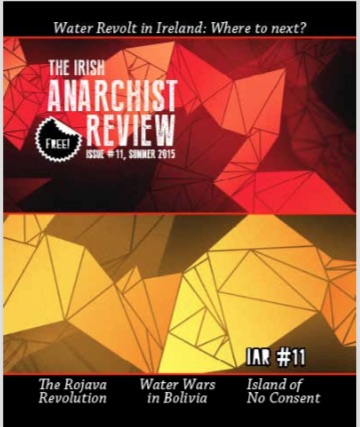
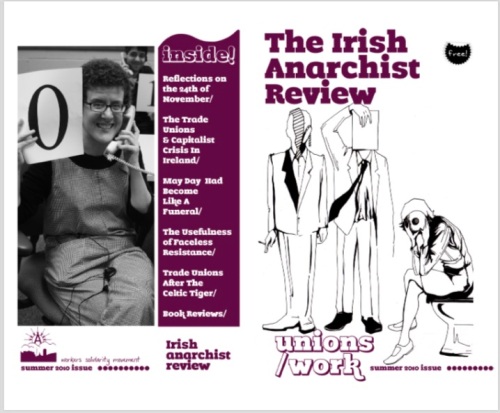
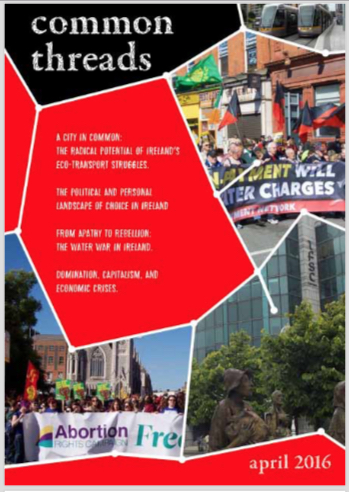
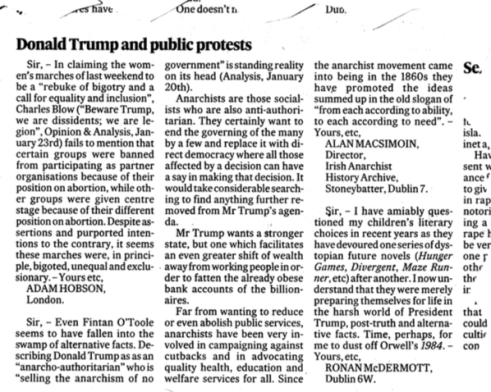
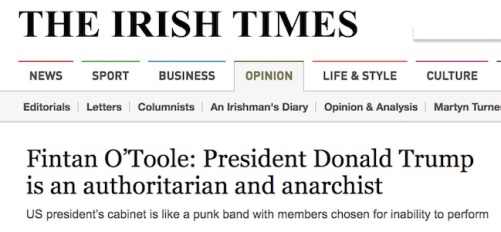



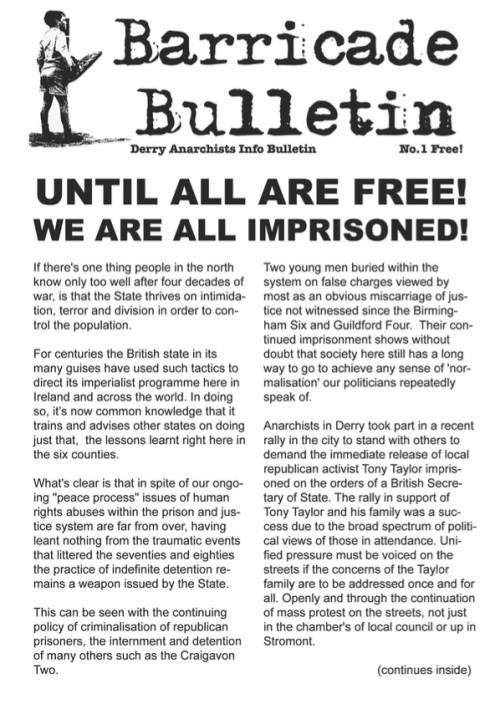
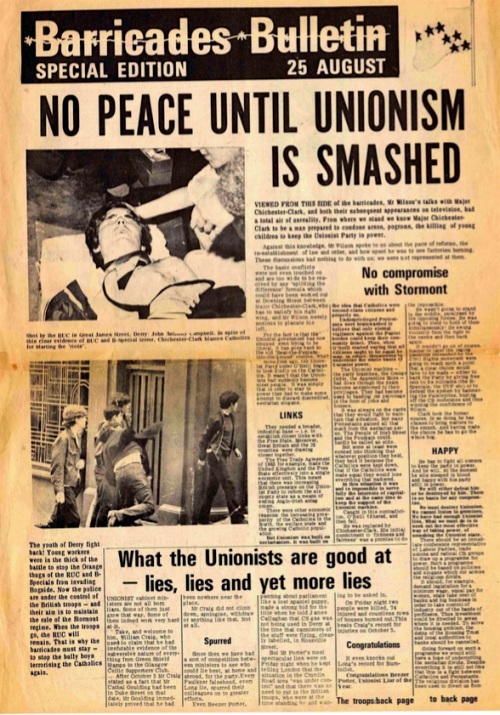
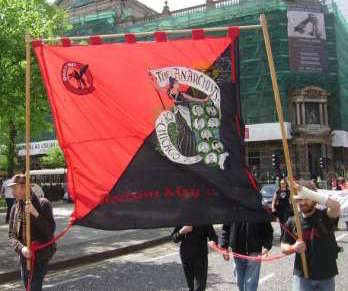
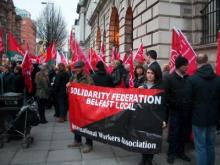
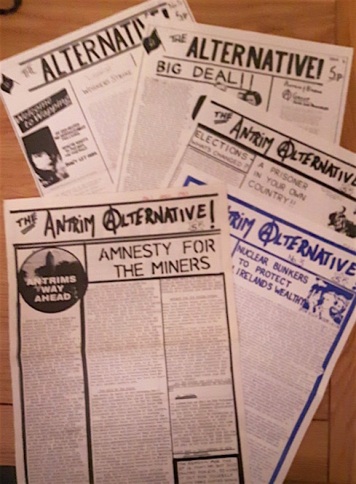
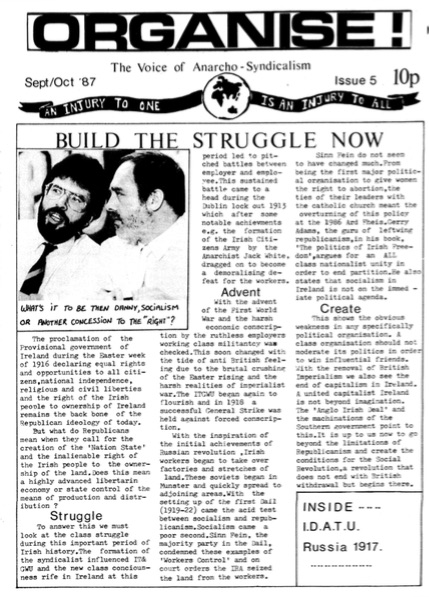
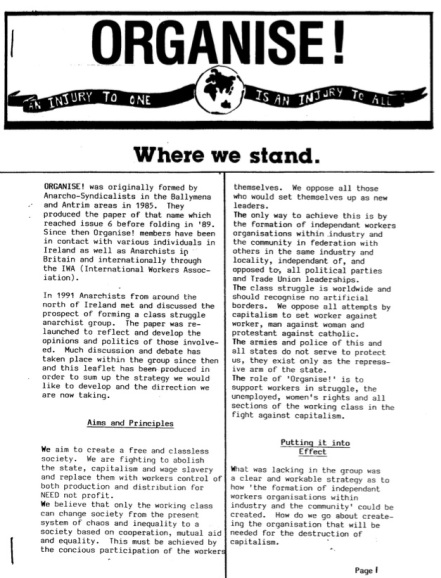 Click here to download
Click here to download